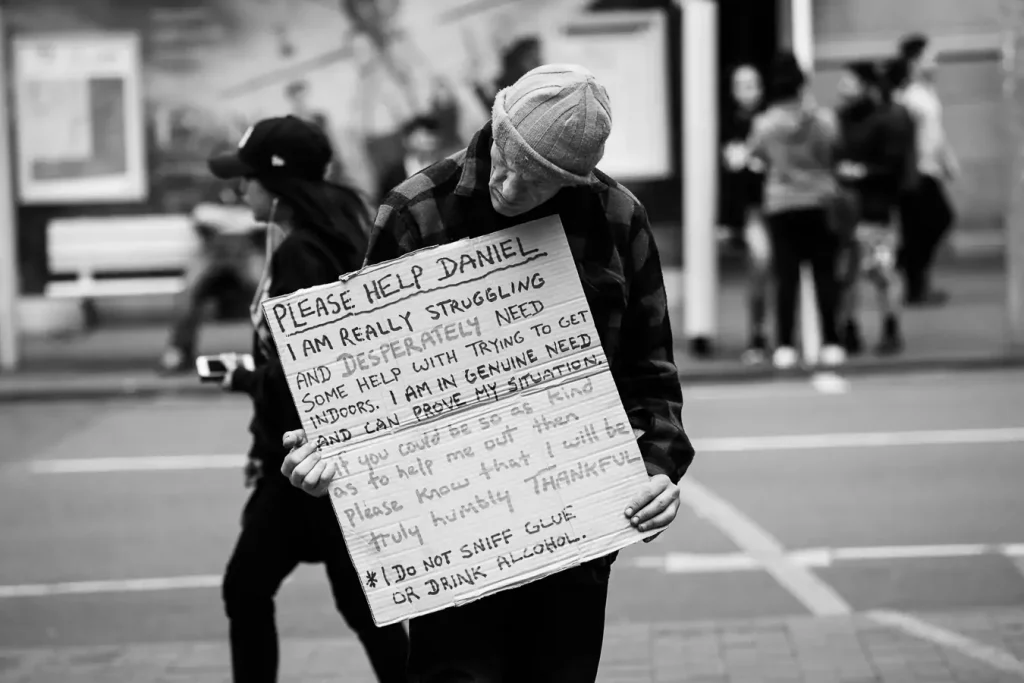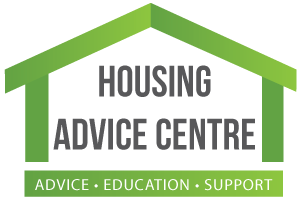
What is Emergency and Transitional Housing?
Emergency and Transitional Housing are temporary accommodation for individuals or families in urgent need of housing, due to threat of homelessness. Emergency Housing is typically for individuals or couples and provides up to 7 days of safe and warm accommodation, while Transitional Housing is typically for families and allows people to stay for up to 12 weeks accommodation. Both of these forms of housing sit under the Social Security Act, the Social Security Regulations 2018, and the Social Security (Emergency Housing and Transitional Housing) Amendment Regulations 2020. This means that if you live in emergency and transitional housing, that you do not have the rights and responsibilities of a tenant under the Residential Tenancies Act 1989 or the Amendments 2020.
Check out the numbers of people placed in transitional housing here
When can I get emergency or transitional housing?
You cannot activate emergency or transitional housing for yourself or your whānau until the day of homelessness. On the day of homelessness you can employ one of two strategies:
1) You can contact a motel yourself to get a quote for living there and go to the Ministry of Social Development to request support for emergency or transitional housing; or
2) You can go directly to the Ministry of Social Development, who will endeavour to place you with an emergency or transitional housing provider.
What if I cannot afford to pay to live anywhere?
Emergency and Transitional Housing are coordinated and administrated by the Ministry of Social Development in accordance with the Emergency Housing Special Needs Grant. In most cases, the Ministry of Social Development will cover the cost for your first 7 nights in emergency accommodation. After 7 days in emergency accommodation you will pay approximately 25% of your income (after tax) for housing. This income can come from wages, salary, or other forms of income such as your benefit.
Follow the link to apply for a Special Needs Grant through Work and Income – Te Hiranga Tangata.
What will the Ministry of Social Development need to know prior to providing me with emergency or transitional housing?
The Ministry of Social Development need to know why you need Emergency or Transitional housing. This includes any family-related or health-related concerns. They will ask you if you have access to other forms of housing, such as living with whānau or friends, prior to establishing whether you have access to emergency or transitional housing. They will ask what options you have tried to get into housing and what your previous housing situations were. They will need access to your Community Services Card Client Number, but if you do not have this you can just give your name and date of birth. They will also want to know about your financial situation, such as whether you are working or if you are on the benefit.
You will need to regularly update the Ministry of Social Development if there are changes in your circumstances either before or during your time in emergency and transitional housing.
If you need to learn more about your Community Services Card you can find out about it here.
Are there reasons why the Ministry of Social Development might not provide me with emergency or transitional housing?
There are several reasons the Ministry of Social Development may not be able to provide you with emergency or transitional housing. Here are a few examples:
- If you decide to move from one region to another when you had adequate housing in the place you came from. In this case the Ministry will not provide you with emergency or transitional housing as you left an adequate place of residence, unless you can prove it was due to extenuating circumstances such as family violence;
- If you have a pet with you that is not a service pet with official certification. Service pets are trained to do a specific task to aid an individual with a physical, sensory, psychiatric, intellectual or other disability. Official certification is obtained by an health professional; or,
- If you have been disruptive or demonstrated anti-social behaviour when living in a previous emergency or transitional housing provider’s facility.
In such examples, the Housing Advice Centre might be able to support you if the Ministry of Social Development was not aware of additional information regarding your circumstances when assessing your case.
Who can support me when I’m in emergency or transitional housing?
There are several other organisations in the community who can help you if you are homeless, or who can support you if you are in need of additional services when you are in emergency or transitional housing. Some of these organisations include:
Whakapai Hauora (Best Care) Charitable Trust
I also need access to food. Where do I find help to get access to food?
Palmerston North has several foodbanks that service the wider Manawatu region, who can help you get access to food if you need it. These organisations include:
